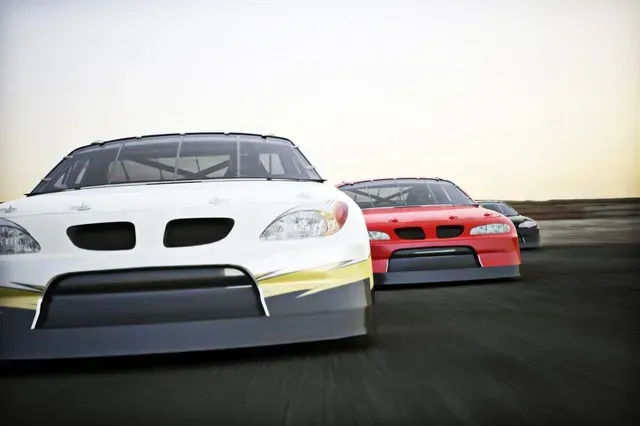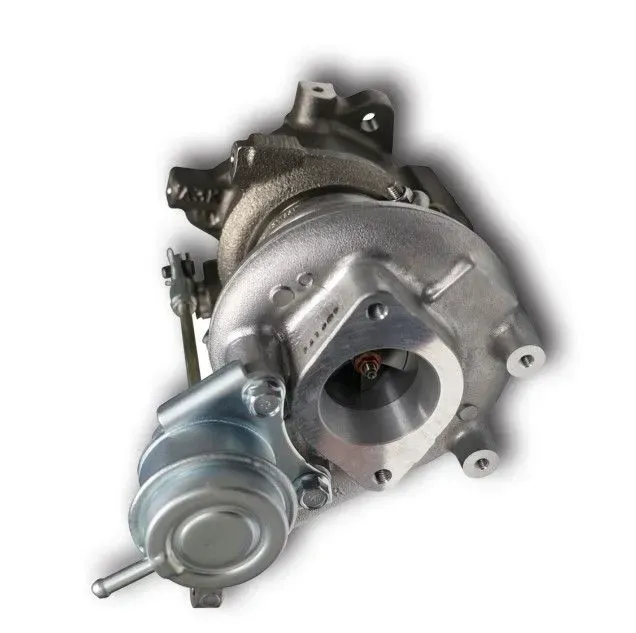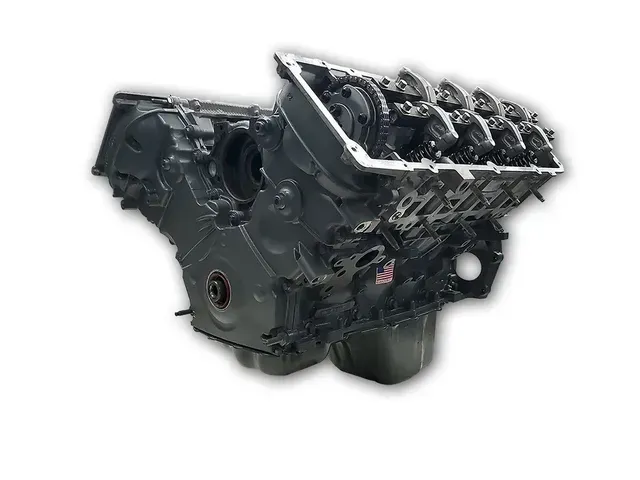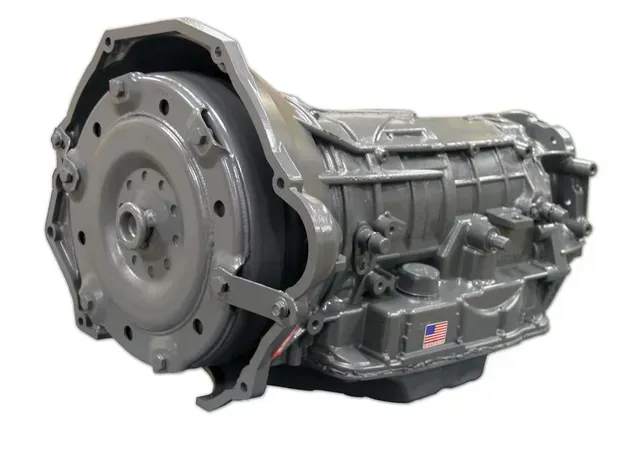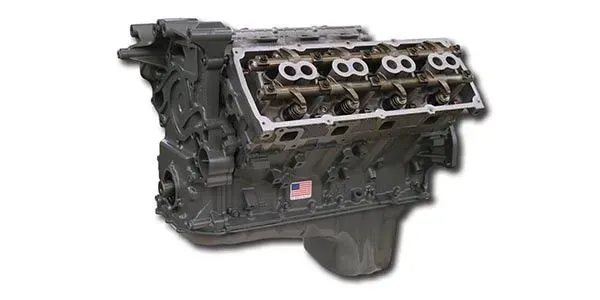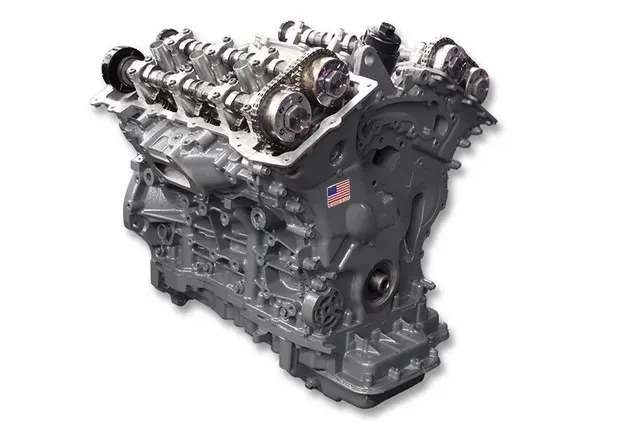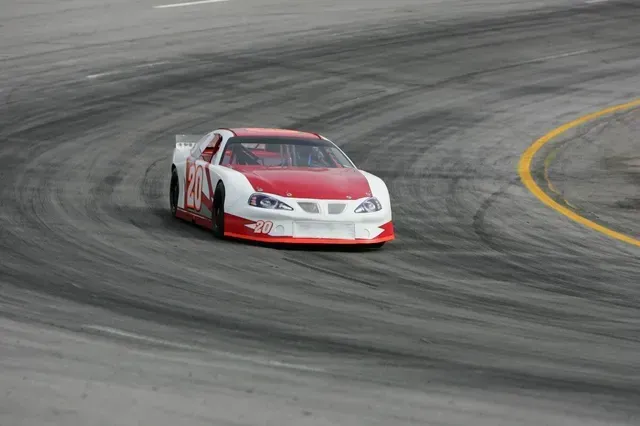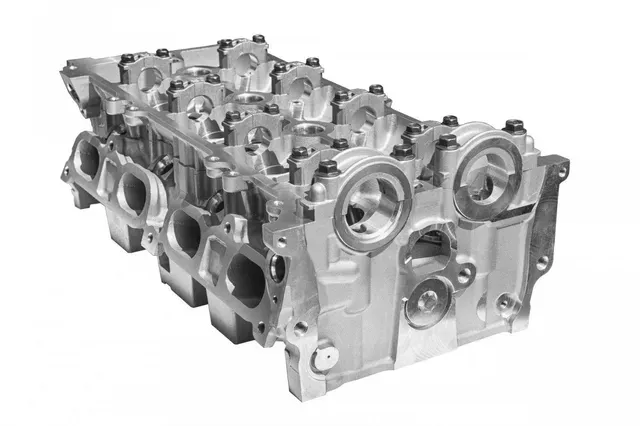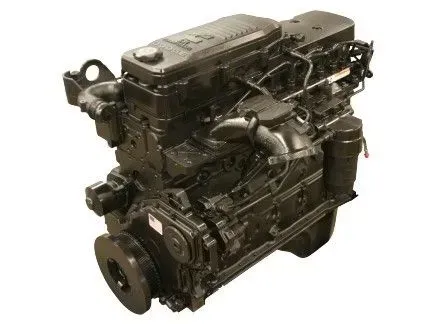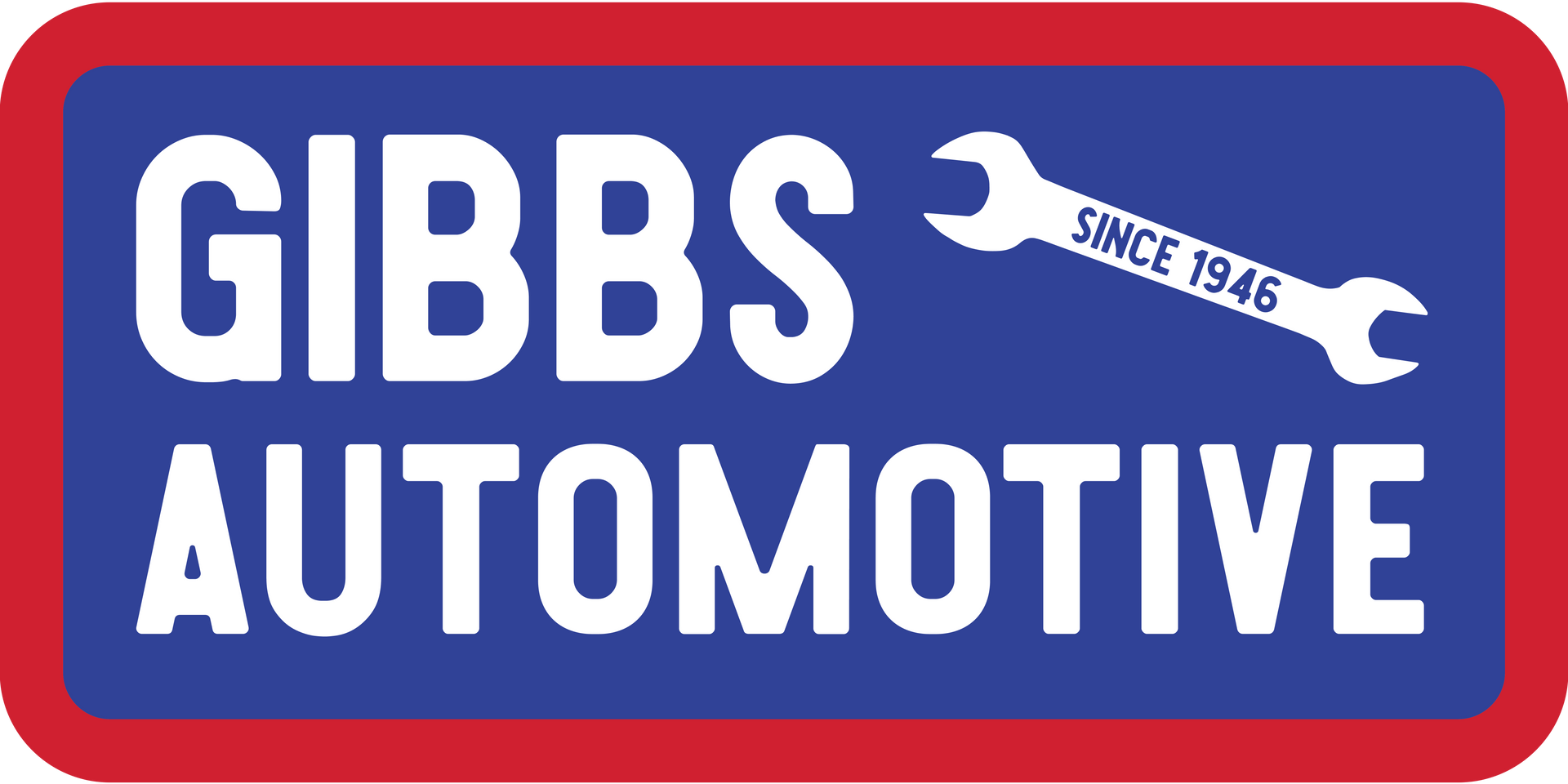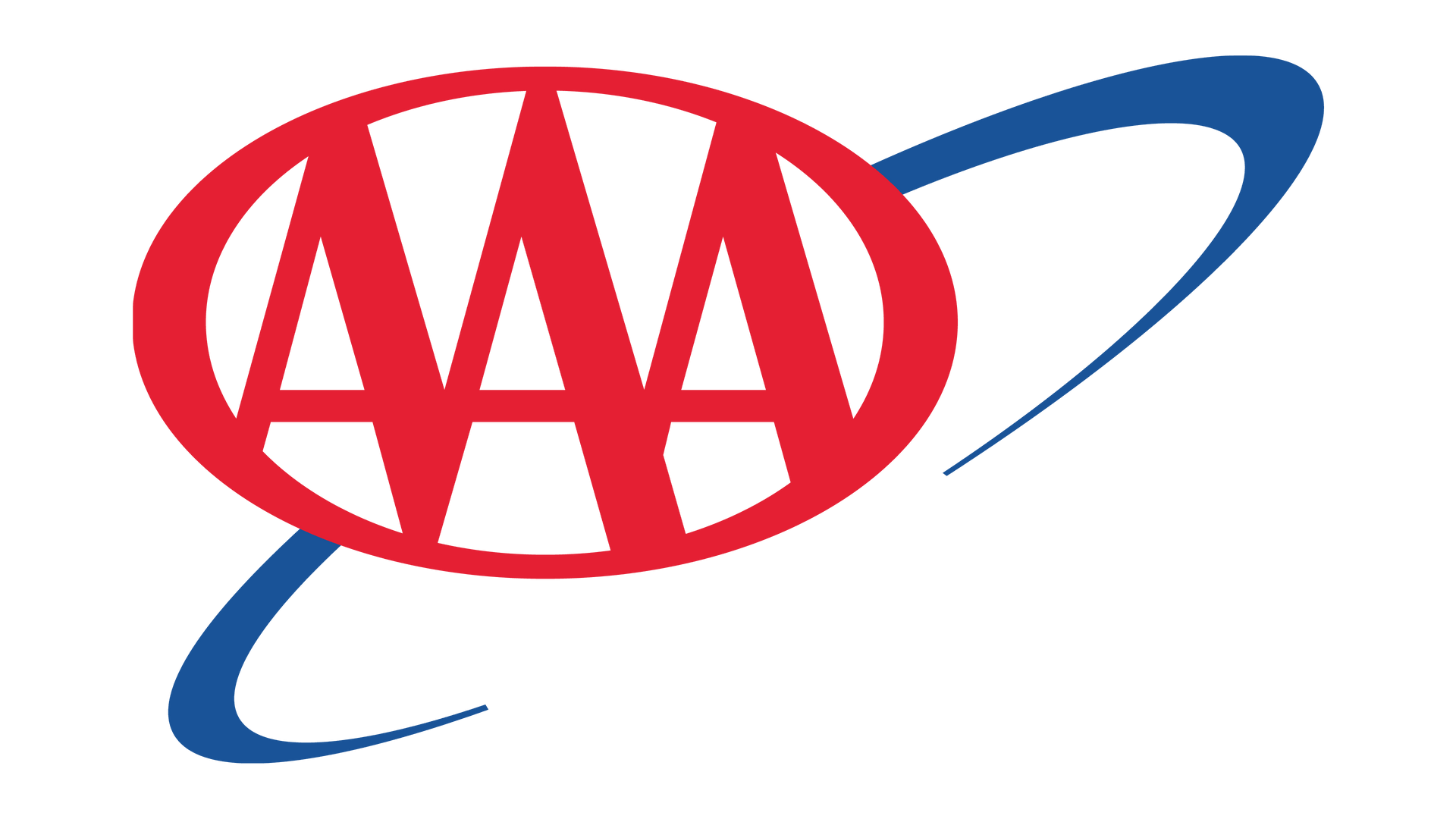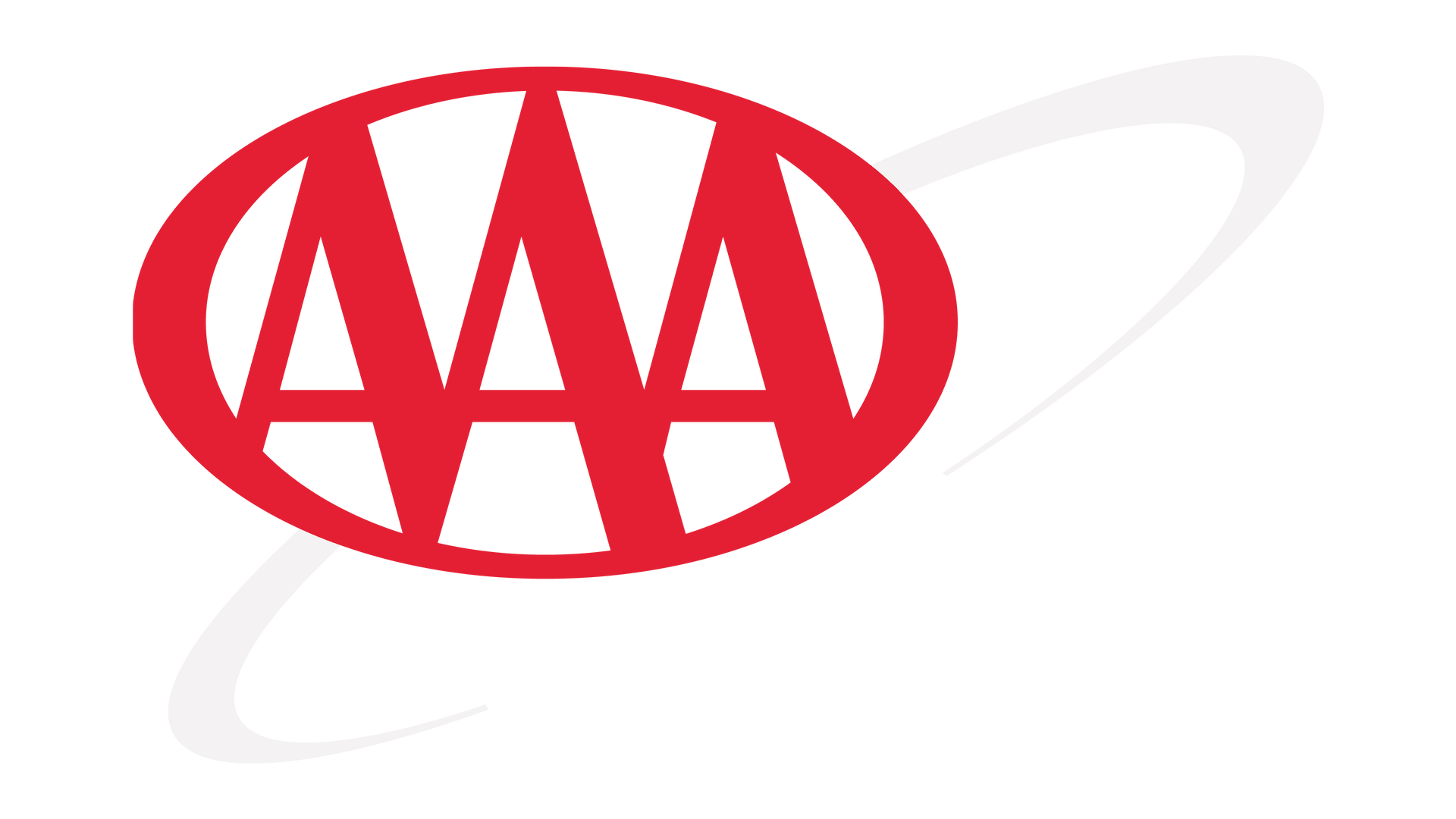Summer in Georgia doesn’t mess around. Once the temperatures start climbing, your car’s cooling system becomes one of the most important parts of keeping your engine running smoothly. Without it, you’re looking at overheating, breakdowns, and costly repairs.
In Conyers, we see more cooling system issues between May and August than at any other time of year. The good news? Most of these problems are easy to prevent with some early attention.
Whether you’re planning a weekend drive to Lake Oconee or just commuting around Rockdale County, this guide will walk you through what you need to know to keep your vehicle cool, reliable, and ready for anything this summer.
Why Your Cooling System Matters More in the Summer
Your engine produces a huge amount of heat while running. The cooling system regulates that temperature to prevent your engine from overheating. It does this by circulating coolant—also called antifreeze—through the engine and radiator, keeping things at the ideal operating temperature.
In the summer, everything gets pushed harder. Stop-and-go traffic, blasting your air conditioner, and sitting at long lights on hot pavement can all push your engine temperature higher than normal. If your coolant is low, dirty, or leaking, you might not notice until steam is pouring out from under your hood.
Warning Signs Your Cooling System Needs Attention
Here are a few things that should make you take a closer look:
The temperature gauge is reading hotter than usual You notice coolant (usually green, orange, or pink) leaking under your car You smell something sweet while the engine is running The A/C isn’t blowing as cold as it used to, especially at idle You hear hissing from the engine after turning it off Steam is coming from the hood
If any of these sound familiar, your vehicle could be on the verge of overheating. The best move is to get it inspected before things get worse.
What to Check Before the Heat Kicks In
You don’t have to be a mechanic to spot the basics. Here’s a simple summer checklist to stay ahead of cooling system issues:
Check coolant levels. If your reservoir is low, it could be a sign of a slow leak. Look at the color of the coolant. Healthy coolant should be clear and brightly colored, not dark, rusty, or murky. Inspect hoses. Look for any bulges, cracks, or dried-out rubber. Pay attention to temperature fluctuations. If your temp gauge rises and falls quickly, it could mean something’s not circulating properly. Listen for the radiator fan. When your car is idling and hot, the fan should kick on automatically.
If you’re unsure about any of these, don’t guess. Bring your vehicle to a local shop you trust.
How Gibbs Automotive in Conyers Helps Local Drivers Stay Cool
At Gibbs Automotive, we’ve been helping drivers in Conyers and the surrounding area handle the Georgia heat for years. Our technicians are ASE-certified and equipped with the latest diagnostic tools to spot cooling system issues before they turn into major repairs.
Here’s what we include in a full cooling system inspection:
Coolant pressure and leak testing Radiator and hose inspection Thermostat and fan operation check Water pump evaluation Flush and refill if needed
If everything looks good, we’ll send you on your way with confidence. If something needs attention, we’ll walk you through what’s going on and how to fix it—without the upsell or surprise charges.
How Often Should You Flush Your Radiator in Georgia?
Most vehicles should have their coolant flushed every 30,000 to 50,000 miles, but Georgia’s climate can accelerate wear. If it’s been more than two years since your last flush—or if you’re seeing any warning signs—it’s time to get it checked.
Many drivers put this off because it’s out of sight, out of mind. But when coolant degrades, it can lead to corrosion in the radiator and even damage to your engine block. A simple flush now can prevent a thousand-dollar repair later.
Can You Drive With Low Coolant?
Technically, yes—but you shouldn’t. Driving with low coolant means your engine is running hotter than it should. Over time, this puts massive strain on components like the head gasket, pistons, and cylinders. If you drive too far like that, you’re risking a full engine replacement.
If your coolant light is on or you suspect a leak, it’s best to stop driving and have it inspected. Topping it off won’t solve the problem if there’s an underlying issue like a cracked hose or faulty thermostat.
Local Tip: Don’t Trust Just Any Coolant
Not all coolants are the same. Using the wrong type—or mixing two incompatible types—can damage your cooling system. At Gibbs Automotive, we match the correct coolant to your specific make and model and ensure the system is properly flushed and filled to manufacturer specs.
What Happens If Your Car Overheats in Conyers Traffic
Overheating can happen fast, especially in stop-and-go traffic on Highway 138 or I-20. If your engine temp spikes, here’s what you should do:
Turn off the A/C and turn the heat on. It sounds counterintuitive, but this helps pull heat away from the engine. Pull over safely as soon as you can. Don’t keep driving with the needle in the red. Turn off the engine and pop the hood. Let the engine cool naturally—do not open the radiator cap while it’s hot. Call for help or have the vehicle towed if needed.
Whatever you do, don’t ignore it and try to push through. Overheating can cause major engine damage in minutes.
Why Conyers Drivers Choose Gibbs Automotive
We’re a local shop with deep roots in the community. We believe in treating people fairly, doing the job right the first time, and making sure you leave here feeling like your car is in good hands.
We don’t just do cooling systems. We handle everything from routine oil changes and brake work to transmission service and engine diagnostics. So if something doesn’t feel right, we’re the team to call.
Get Ahead of Summer Car Trouble
The cooling system isn’t something most drivers think about until there’s a problem. But a few simple checks now can help you avoid overheating, roadside emergencies, and expensive repairs later.
Let Gibbs Automotive give your vehicle a quick cooling system inspection before summer’s full heat sets in. We’ll make sure everything’s running cool, clean, and ready for the road.
